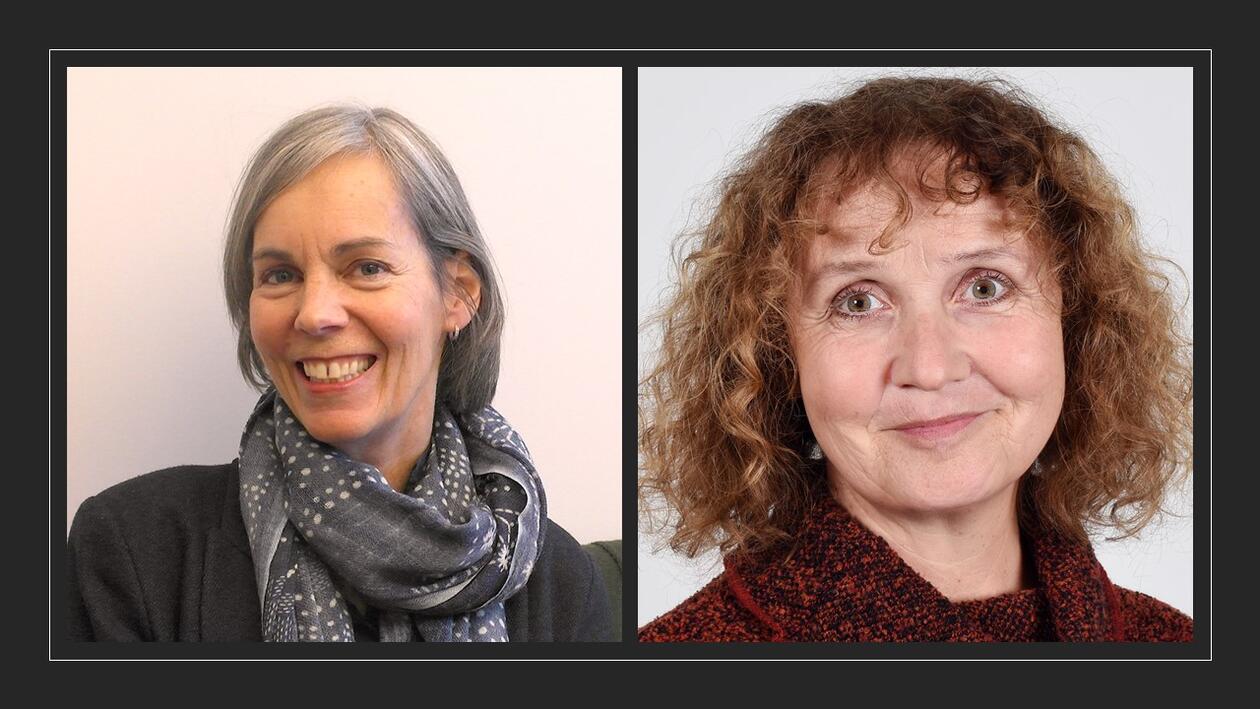Health
That health is a global challenge, has been demonstrated in full by the COVID-19 pandemic. We see more clearly the social, economic, legal and political determinants of health, how societal differences shape the health system’s responses, and how ill health—and pandemic responses—exacerbate underlying inequities.

Main content
The complex, interconnected, and socio-political nature of global health challenges, require multidisciplinary approaches in to provide better solutions. This is why the Bergen School of Global Studies offers MA programs and graduate courses that provide multiple perspectives on global health challenges – based on cutting edge multidisciplinary research. We also emphasise how health intersects with other global challenges such as inequality, climate change, migration and governance.
Centre for International Health (CIH) is a leading centre for global health research in Norway and has a long history of partnership with research institutions in low- and middle-income countries. We teach, supervise, and facilitate learning in global health, and engage in academic discussions related to pertinent global health policy and practice. Multi-disciplinary research on maternal, adolescent and child health and their social and political determinants are located at the core of the our research agenda.
